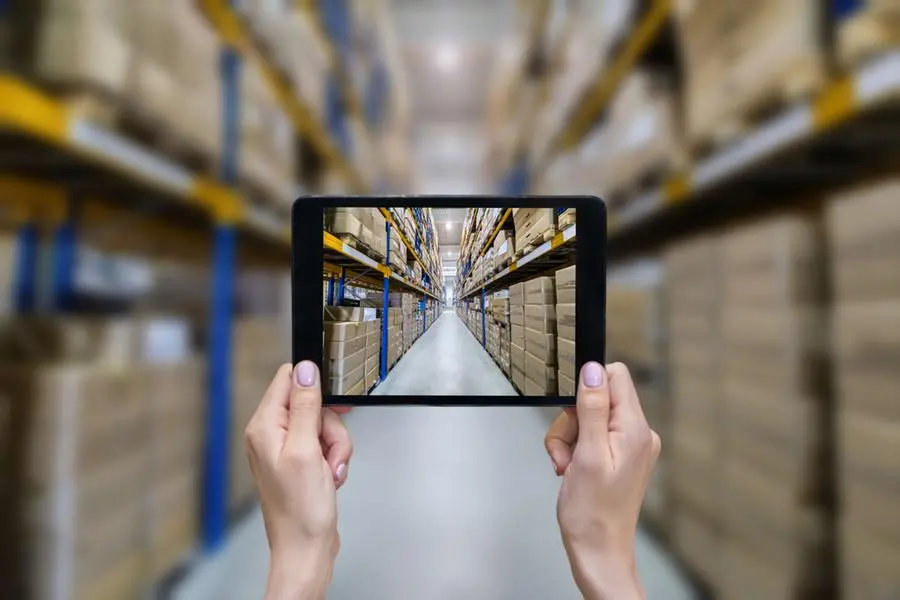PHOTO
The World Health Organization (WHO) has released an innovative, interactive report that provides insights into the vast operations and global impact of the UN agency’s logistics hub in Dubai, United Arab Emirates.
The report reveals the logistics hub’s impressive ability to provide support on an unprecedented scale, and its swift, adaptable response to humanitarian crises. This reinforces its vital role in emergency response efforts across the WHO Eastern Mediterranean Region and beyond.
Lifeline for millions
“The supplies delivered by WHO’s logistics hub in Dubai have been a lifeline for millions across the world. We thank our donors, the International Humanitarian City in Dubai, the Government of Dubai, the Government of the United Arab Emirates, other United Nations organizations and the WHO country offices for their collaborative efforts in ensuring this coordination action and solidarity,” said Dr Ahmed Al-Mandhari, WHO Regional Director for the Eastern Mediterranean.
In a world fraught with natural disasters, conflicts and disease outbreaks, WHO’s logistics hub in Dubai delivers hope to millions of people in need of health aid. The report delves into the facility’s unparalleled ability to deliver essential health supplies swiftly, saving countless lives in the process.
This week alone, the logistics hub’s dedicated team is preparing shipments of health supplies for delivery to Afghanistan, Chad, Sudan and Yemen. Earlier this week, supplies were airlifted from the facility to Libya to respond to urgent health needs following the catastrophic floods in the aftermath of Storm Daniel.
Top 5 highlights from the report
Scope: WHO’s logistics hub in Dubai responds to health emergencies arising from the Covid-19 pandemic and other infectious disease outbreaks, conflict and humanitarian crises, natural and technological disasters, and climate change-related events. The facility has supported the delivery of health supplies to 141 countries across all six WHO geographic regions since the start of the pandemic. It manages the deployment of a full range of medical items needed to save lives – from highly specialized diagnostic tests and specimen collection materials to prepackaged trauma supplies and equipment, essential medicines, and ambulances and mobile clinics.
Scale: Since 2018, WHO’s logistics hub has delivered over 2,000 shipments consisting of 12,000 metric tonnes, valued at over $185 million. WHO now responds to more emergencies and dispatches more shipments than ever before.
Timeliness: Two thirds of the world’s population can be reached within 4–8 hours of Dubai. WHO’s logistics hub rapidly deploys supplies to the most acute and large-scale emergencies – and it does so consistently. Among other crises, the facility sent supplies in response to the Lebanon port explosion (2020), Afghanistan political crisis (2021), Pakistan floods (2022), war in Ukraine (2022), Türkiye-Syria earthquake (2023) and Libya floods (2023).
Efficiency and cost effectiveness: Operations at the logistics hub maximise the return on investment for WHO. Each year, the facility saves $14 million through innovative stock-rotation and expiry-avoidance programmes, while receiving in-kind operational support worth over $40 million.
Future challenges: With an estimated 363 million people in need of humanitarian assistance, the needs are increasing. Climate change-related events put more pressure on vulnerable communities, with disasters continuing to increase in scale and complexity. The demands on WHO’s ability to respond to health emergencies globally will therefore only increase too.
Copyright 2022 Al Hilal Publishing and Marketing Group Provided by SyndiGate Media Inc. (Syndigate.info).





















